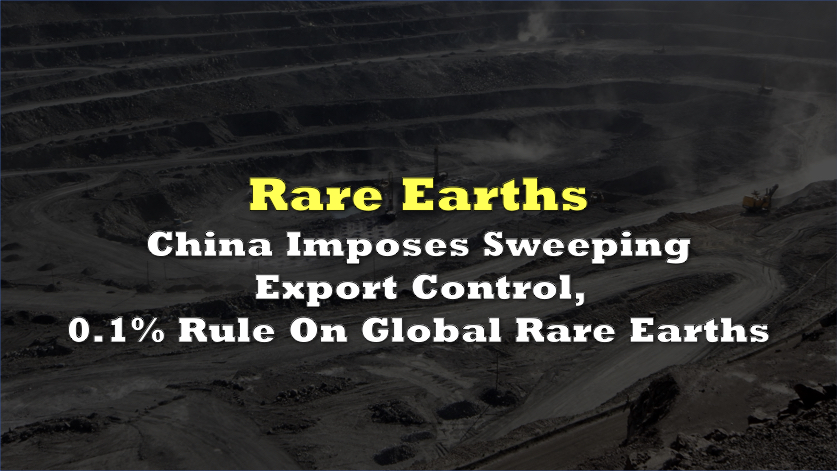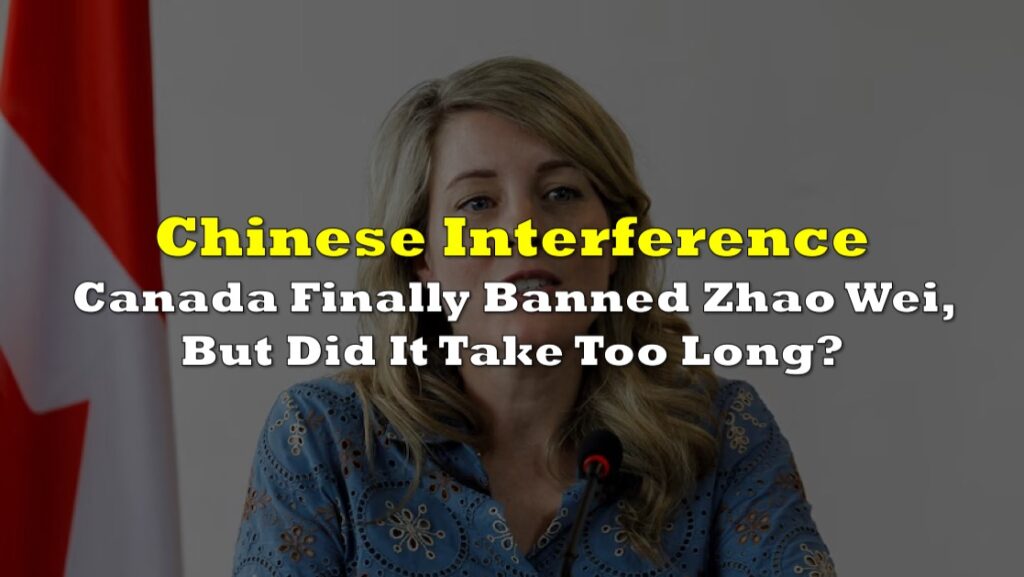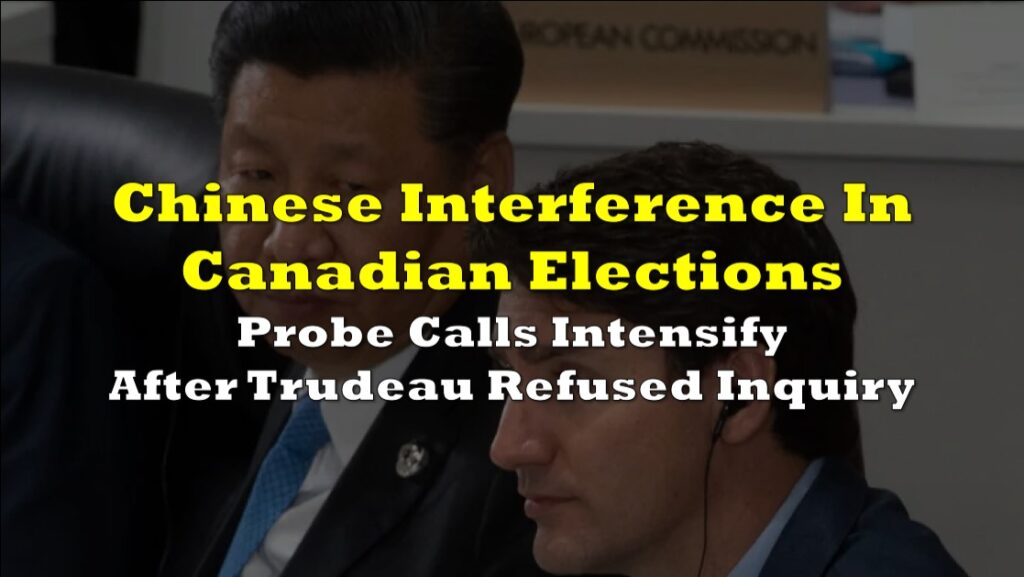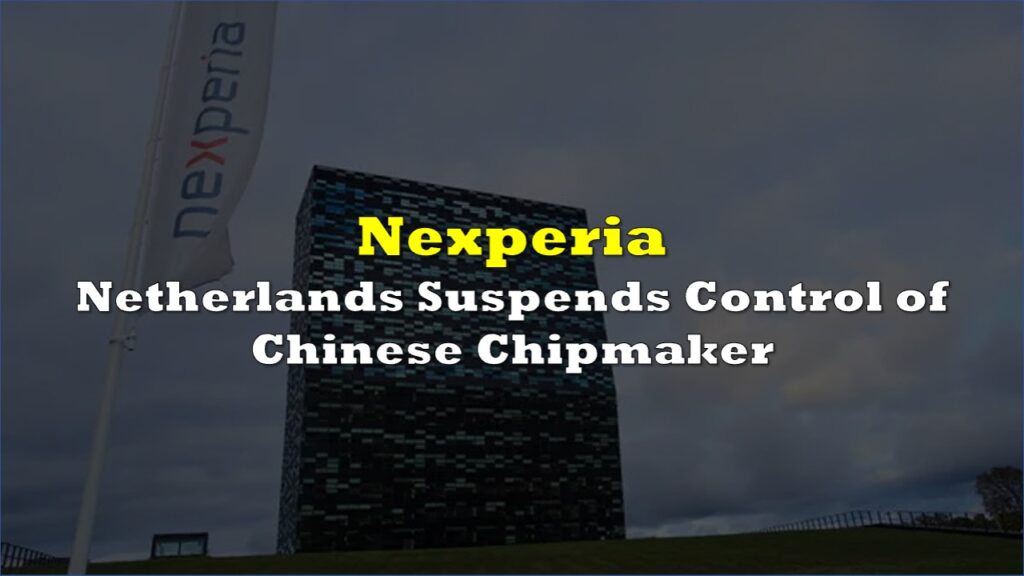China has announced sweeping export controls covering rare-earth technologies, super-hard materials, and high-energy battery inputs, adding an extraterritorial licensing trigger at the 0.1% value threshold for foreign-made items and cutoff for battery cells.
The package comprises measures, including one that immediately restricts exports of rare-earth process know-how (ie. mining, smelting, magnet and recycling technologies and technical data) as it takes effect on Thursday.
The rest of the measures covers super-hard materials, including industrial diamonds, diamond tools and CVD equipment/technology. Another measure puts controls on processing machinery and chemicals for rare-earth extraction and magnet fabrication under license.
One of the measures tightens supply of medium to heavy rare earths (Ho, Er, Tm, Eu, Yb) across metals, oxides, alloys, sputtering targets, phosphors, fibers and crystals, a grip that matters for optics, lasers, sensors and magnetics used in defense and telecom.
Another measure covers lithium-battery and graphite-anode materials, including high-energy cells with specific energy over 300 Wh/kg, LFP and NCM/NCA precursors, graphite anodes, plus associated equipment and process technology.
All of these measures are expected to take effect on November 8.
One of the measures, slated to be effective starting December 1, asserts extraterritorial reach: any foreign-made product containing, integrating or using PRC rare-earth inputs at 0.1% of product value (or using PRC RE technology abroad) requires a Chinese license before re-export.
A summary table https://t.co/jx3xaEVURV
— Arnaud Bertrand (@RnaudBertrand) October 9, 2025
Beijing added case-by-case scrutiny where rare earths touch sensitive end-uses. Applications tied to advanced semiconductors (defined as 14nm-and-below) and to military AI will be reviewed individually. China also banned the export of technologies and carriers related to assembly, commissioning, maintenance, repair and upgrading of production lines for RE mining, refining, smelting, magnet manufacturing and recycling.
Commentary accompanying the measures framed the rationale as preventing “dual use” and to “safeguard national security,” mirroring language the US used for its chip controls.
Entrepreneur Arnaud Bertrand argued the rules give China “de-facto veto power” over advanced semiconductors because rare earths appear at critical steps, from ASML’s lithography magnets to TSMC’s fabrication ecosystem.
“So China is effectively mirroring the US semiconductor export controls that were used against them, with its own comprehensive extraterritorial control regime, except with rare earths,” he wrote.
This is actually big, potentially huge, notably because China's new rare earth export controls include a provision (point 4 here: https://t.co/uY5iChWUTo) whereby anyone using rare earths to develop advanced semiconductors (defined as 14nm-and-below) will require case-by-case… https://t.co/icGR6Yy4XY
— Arnaud Bertrand (@RnaudBertrand) October 9, 2025
Information for this story was found via the sources mentioned. The author has no securities or affiliations related to the organizations discussed. Not a recommendation to buy or sell. Always do additional research and consult a professional before purchasing a security. The author holds no licenses.









